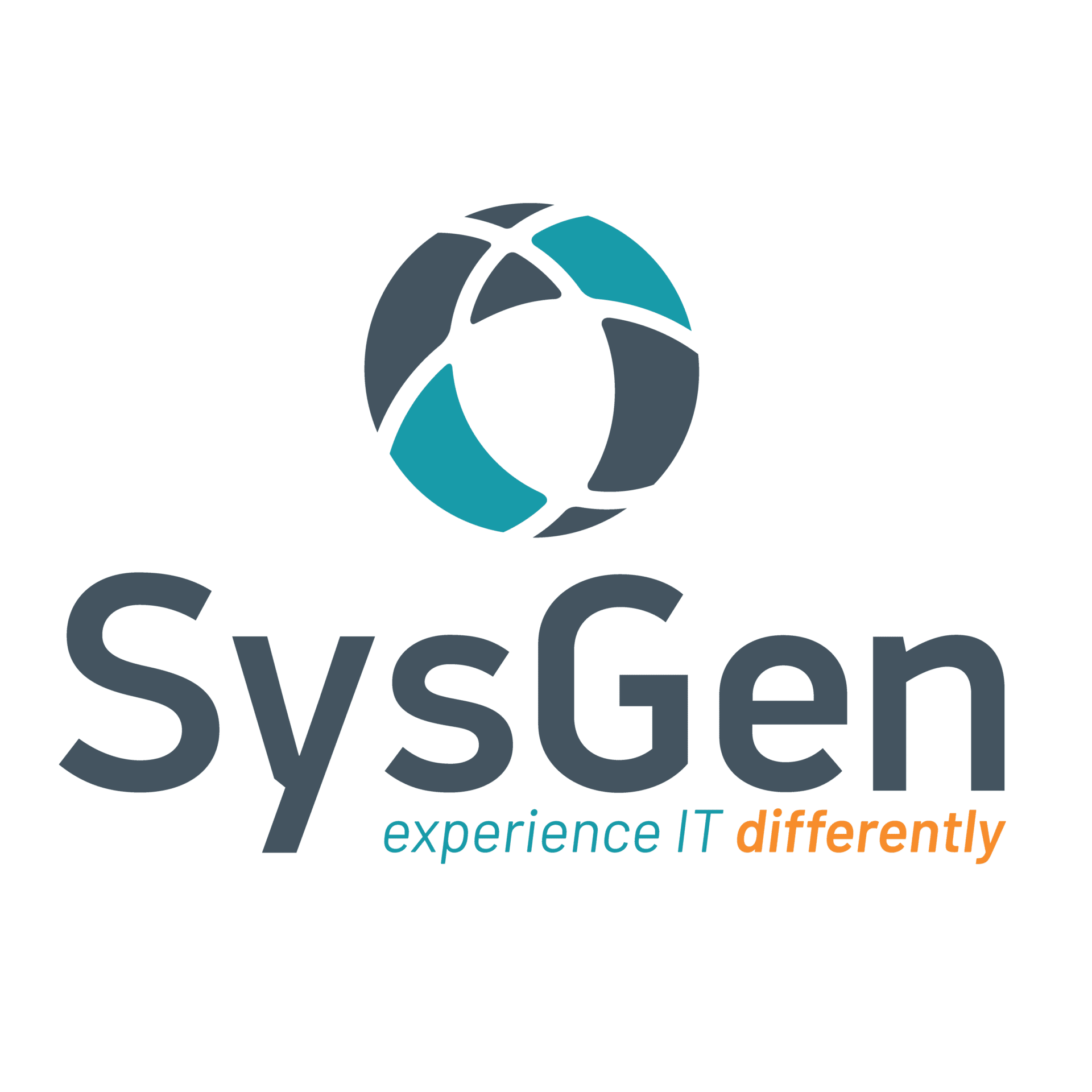So, you’ve decided to seek out external support for your IT environment. Whether your internal IT department needs more capacity to support your company, or you are looking to absorb the cost-saving benefits of external IT support, a managed service provider (MSP) is necessary to help your small business thrive and grow. MSPs are rapidly becoming central to how businesses leverage their technology. The 2023 Datto State of the MSP Report found that 82% of MSPs expect revenue growth to continue over the next three years. As the managed IT services industry continues to mature, small business owners have more options among providers.
Deciding how to choose an MSP is a challenging task. There are many questions you need to ask yourself when selecting an MSP, and small business owners need to consider a variety of criteria related to the business model, service delivery type, and experience to make an informed decision.
In this blog, we’ll review the top 15 criteria for choosing an MSP.
Table of Contents
- How to Choose an MSP: 15 Tips
- 1. Skills
- 2. Methodology
- 3. Experience
- 4. References and Credentials
- 5. Service Level Agreement
- 6. Uses Industry Best Practices
- 7. Scalability
- 8. Response Time
- 9. Disaster Recovery Planning
- 10. Employee Support
- 11. Daily Backups
- 12. Ability to Answer Questions
- 13. Service Accessibility
- 14. Holistic Approach
- 15. Governance
- Choose The Right MSP
How to Choose an MSP: 15 Tips
Choosing a managed services provider (MSP) may seem daunting. When selecting an MSP, consider how the provider’s business model and resources will benefit or hinder your company’s growth. Understanding how to choose an MSP starts with comprehending critical criteria that will make an MSP blend seamlessly with your business and offer you the support you need.
1. Skills
A key reason for considering an MSP is the added skills they have that you do not possess internally. With an MSP, you should look for providers with robust skill sets that will support an internal team, whether you have one or can operate without one. Ensuring that your managed service provider has a wide variety of experts is critical. There are many types of needs in the IT ecosystem, from general technical support to cybersecurity, cloud and beyond, meaning specialized skill sets are required to maximize these managed services for your business.
2. Methodology
The methodology that an MSP uses is critical to understanding how the MSP will integrate with your business. Oftentimes, MSPs use a break-fix model, and while it is effective for short-term issues, there is a potential for it to create long-term problems. With a proactive methodology that tackles concerns before escalating, your business is strengthened and protected before issues arise or cause damage.
3. Experience
If you are adding an MSP to your business, you should be certain that the best of the best is there to support you. IT infrastructure and applications require highly skilled and specialized experts to optimize solutions fully. Look for MSPs with a proven track record that have a wide variety of IT professionals who have been in the field and can anticipate issues that may arise.
4. References and Credentials
Competition among MSPs is only growing as the industry matures. With this in mind, look for MSPs that can offer strong client recommendations and have the awards and accolades to back up their managed services. Investigating how other businesses in your industry, or even an entirely different industry, report on their service provider can help you to decide how to choose an MSP.
5. Service Level Agreement
Service level agreements (SLA) are common practice among MSPs. SLAs ensure accountability by setting out the terms of the service provided between the MSP and your business. In an SLA, it’s essential to look for information that guarantees service response time, technical expertise, and on-site availability. These details ensure that your business will always have guaranteed series excellence and help you control an MSP by ensuring that contractual obligations are met.
6. Uses Industry Best Practices
One of the benefits of using an MSP is the peace of mind that comes with the assurance that your data and technology are being managed to the highest industry standards. When selecting an MSP, it’s essential to discuss the industry’s best process they use.
While there are many factors to look for, the ITIL or Information Technology Infrastructure framework is mainstream across the IT industry. At its core, the ITIL framework’s focus is for MSPs to support businesses to find success in a technology-centric marketplace. This framework highlights IT assets, incidents, knowledge and change management as the critical pillars of industry best practices.
7. Scalability
With an MSP, your ability to scale your operation becomes limitless. Unlike with an internal IT department, where you’d need to hire additional staff, you’ll instead get more support through an MSP. However, your MSP should have comprehensive service offerings to ensure that this option exists. While you may initially only need managed services, it is important to look for MSPs that offer cloud and cybersecurity services, among others, so that as your business grows, so too can the technology that supports it.
8. Response Time
Nothing is more frustrating than having a tech issue, making a request, and waiting hours and hours for a response. When choosing an MSP, response time guarantees are necessary to avoid long queues and impersonal help desks that prevent you and your employees from being productive. These details are laid out in the SLA. Seek out MSPs that are open and honest about their response time and willing to stake their reputation on quick responses. Moreover, it is important to look for MSPs that have escalation teams. While most issues will be solved by technicians when significant problems arise, it is important to know that your MSP has a dedicated team to deal with large-scale issues.
9. Disaster Recovery Planning
All of your business data should be safeguarded, including client information, sales figures, or documents. With MSPs, you shouldn’t have to experience data loss or downtime. Ensuring your service provider has a comprehensive disaster recovery plan indicates that the MSP plans for the long term and can support your business through cyberattacks and threats.
Backup planning goes beyond having your data stored and saved but also involves regular backups. Hence, the disconnect in the case of a data loss is minimal and has a small, if any, impact on your business continuity. Moreover, MSPs should perform proper infrastructure assessments with experts to ensure that your backup process makes sense for your business and can be quickly escalated when needed.
10. Employee Support
With an MSP, the support types can vary. Providers commonly use a help desk model, where when an issue arises, it is submitted to a queue, and when the next available technician is ready, your issue will be dealt with. This model uses the break-fix reactive methodology, and while it does the job in the end, the solutions will often need more applicability to your business.
Conversely, MSPs like SysGen, dedicate specific technicians to a company and ensure that the same technicians support your employees repeatedly, allowing them to solve problems faster and understand the importance of IT to your specific business goals.
11. Daily Backups
Asking potential MSPs about the frequency of backups can help you decide how to choose an MSP. Sporadic and infrequent backups are counterproductive as they do not protect your data or ensure business continuity in the long term. Attacks and data loss are unpredictable; therefore, regularly scheduled backups are necessary to account for any gaps—especially since different technologies back up on different schedules. For example, Datto Backify backs up three times daily and retains that backup for 30 days. Asking potential MSPs what their backup protocol is is important to determine the right MSP for you.
12. Ability to Answer Questions
When dealing with technical experts, one of the more frustrating aspects is using technical jargon, often called doublespeak. This is when technical experts use high-level concepts that need to be more digestible to your employees. Doublespeak can create communication barriers and generate strife between your business and MSP. When selecting a provider, ensure that the experts they have can communicate with you and your employees without being overly technical. In addition, you need to look for MSPs with 24/7 reporting and accessibility. Technology is always running; therefore, MSPs need to provide round-the-clock service and be easily accessible to you and your team.
13. Service Accessibility
Service accessibility is all about how you can access your IT support. MSPs will typically opt for an entirely virtual help desk model; this means you’ll communicate exclusively over email or on the phone. However, some MSPs who dedicate technician resources offer on-site services and off-site support. Depending on your needs, you may seek an MSP that provides on-site support to help you manage physical assets. You’ll need to consider what assets you have at your business and whether you have an internal team that can maintain and support these resources.
14. Holistic Approach
Another consideration is to look at how the MSP views issues in your IT environment. Often, MSPs using a break-fix model tend to silo issues within an organization, leading to repetitive problems that could be easily solved with a more holistic and proactive approach. When looking at the bigger picture of your business, potential MSPs should understand the impact of technology on your organization, such as how it helps you to be more productive and, in turn, generate more profit and achieve your business goals.
MSPs that immerse their technicians into your business to understand the ins and outs will ensure a comprehensive approach to IT support. This can be achieved through an inventory of infrastructure and IT assessments made by the MSP. The provider will have a complete view of your IT ecosystem through documentation and strong planning to make the most effective solutions.
15. Governance
IT governance is focused on two fundamentals, performance and risk management. These are two main aspects that, when done correctly, make an MSP provider stand out. With performance, we’ve talked about SLAs and service availability and accessibility. Performance is central to these considerations. Without solid policies and processes, MSPs may fail to complete their contractual obligations as outlined in an SLA.
A strong governance model with the proper checks and balances in place is paramount. In addition to regular technicians having escalation groups, cybersecurity teams and other senior IT specialists are crucial to ensuring that the performance of your MSP always meets the standards set.
The second fundamental, risk management, relates to cybersecurity. Security services are an evolving field, and MSPs need to be innovative and agile. Look for MSPs with security professionals who have undergone rigorous training and accreditation, like the CISSP – Certified Information Systems Security Professional certification. When selecting an MSP, you are placing your trust in the provider to manage the risks that technology brings. Ask them about their governance model to help you find an MSP that shares your values and ensures that your business safety is always at the forefront of their minds.
Choose The Right MSP
When deciding how to choose an MSP, look holistically at the organization. While the cost of managed services does matter, it’s essential to consider how they deliver their services and whether their company culture aligns with your business values. Understanding the technology needs of your business will help drive this decision. If you need universally accessible and hands-on support, pursuing an MSP with on-site technicians may be a critical decision driver. Further, if you know your business is fast and growing by the day, seek out an MSP who can manage your growing scale and adapt to changing conditions in your IT environment. At SysGen, our service model is rooted in integrating our team with your business. We want technology to propel your business forward, and with our managed services, we work to strengthen your business.
Learn more about SysGen's Managed Services offering



